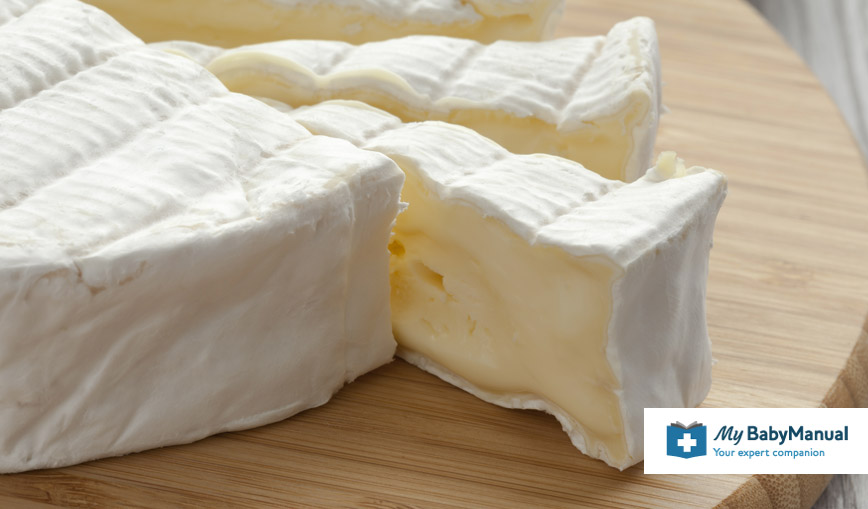
Alcohol, cigarettes, cheese? – What’s your problem?
The unfortunate truth for many older people today is that their mothers may have drunk or even smoked during all or part of their pregnancies. It was not deemed so important to cut things out back in the 50s, 60s and 70s.
As a young woman today, it’s easy to think, “My mum survived, didn’t she? She was born healthy and it doesn’t seem to have done her any harm.”
But, to follow this train of thought however, would be misleading. Your parents might have been lucky, but the evidence is now clear: drinking alcohol, taking drugs or smoking during pregnancy can increase the risk of a variety of problems, from miscarriage and Sudden Infant Death Syndrome (SADS) to Fetal Alcohol Syndrome (FAS).
Alcohol
According to the NHS, possible complications of FAS include the following:
- Smaller than average head
- Impeded growth throughout childhood and adulthood
- Low birth weight
- Cerebral palsy
- Learning and behavioural difficulties
- Small eyes and thin upper lip
- Problems with the body’s major organs
- Impaired vision
- Impaired hearing
You may have heard that in France, mothers-to-be are much more relaxed about the consumption of alcohol during pregnancy. Against this background it can be tempting to think that, what with all the stress and worry of pregnancy, drinking a little wine in moderation may not be such a bad thing.
However, the NHS says that drinking any alcohol, especially during the first three months of pregnancy, “increases the risk of miscarriage, premature birth and your baby having a low birth weight”. Similarly, British medical officers advise that it is best for pregnant women to abstain.
Statistically speaking, if you drink moderately in pregnancy, your baby will probably be fine, but bearing in mind that there is no safe level of alcohol in pregnancy, you might want to put the champagne on hold – at least for now. Why risk it?
Cigarettes
If you’ve ever watched Call the Midwife, you may have been surprised to see heavily pregnant women ‘sparking up’. Thankfully, the days of routinely seeing cigarette wielding women populating the chairs in hospital waiting rooms are now long gone – we all much better educated on the subject.
But if you are having trouble quitting cigarettes and are concerned about the 4,000 or so chemicals that pass through to your baby every time you smoke, be reassured that there are many ways you can successfully stop smoking when you become pregnant or, ideally, before you become pregnant. These include the following:
- Nicotine replacement therapy (NRT)
- Hypnotherapy
- Counselling
- App-based strategies
- Motivational books
- Remembering the health of your unborn child
It may be tempting to start vaping as a “healthier” alternative to smoking during pregnancy. However, there is evidence to suggest that doing so may still pose significant risks to your unborn child.
One New York University study found that, in mice, females exposed to vaping gave birth to baby mice which suffered from a range of developmental problems. In short, if you smoke or vape, see pregnancy as an exciting opportunity to make a clean break.

The cheesy, but serious, bit at the end
If you think that you might be pregnant by now but are not certain, then you should make sure that you avoid certain foodstuffs.
For example, some cheeses may be contaminated with bacterium that can cause infection and, consequently, birth complications or even miscarriage.
Listeria, a bacteria present in many soft unpasteurised cheeses, can lead to serious problems in pregnant women even though, for the most part, it presents little threat of illness or harm in those who are not pregnant.
But it is not just cheese which presents a risk. All of the following foods should be avoided as they may contain listeria. This is true whether you know you feel confident you are in week 3 of your pregnancy or simply hope that you are:
- Unpasteurised milk, cheese or yoghurt
- Pate
- Undercooked ready meals and buffet food
- Soft, mould-ripened cheeses
- Blue-veined cheeses
Salmonella is another cause of concern in the early stages of pregnancy. As such, you may want to make sure that all your meat is “well done” from now on, that you avoid eating shellfish altogether and that you opt to eat only hard-boiled eggs and well cooked egg dishes during your pregnancy. Although the salmonella risk posed by eggs in the UK has at times been overstated, it is still real. Similarly, make sure you eat only mayonnaise that has been prepared with pasteurised eggs.
Finally, even vegetables may carry bacteria such as E.Coli or dangerous parasites that cause toxoplasmosis: be sure to always thoroughly wash any vegetables you eat.


